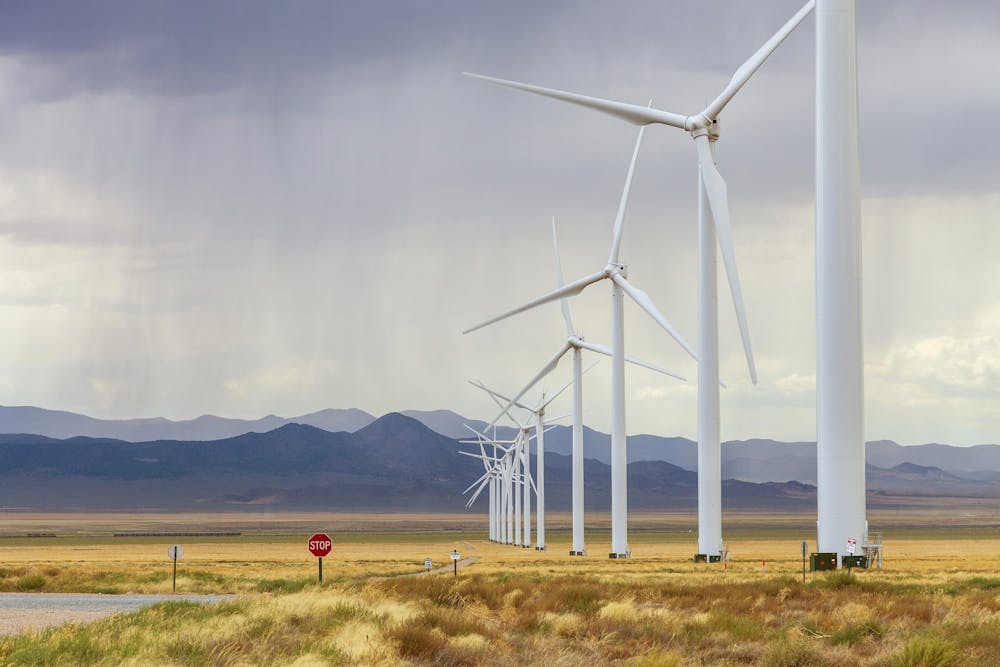The Indiana Senate passed House Bill 1007 unanimously in a 48-0 vote Monday. The bill would require future state energy policies to consider several attributes: reliability, affordability, resiliency, stability and environmental sustainability.
Related: [The quest for cheap housing: candidates offer visions of an affordable Bloomington]
The bill explains reliability as the sufficiency of electric utility service and the general ability to supply power when needed. While Indiana’s electric grid has been generally reliable, it had three major disturbances in 2023, according to the U.S. Energy Information Administration.
Related: [Grants given to nine Indiana companies to fight diesel emissions]
Affordability relates to the price of energy for consumers in residential, commercial, or business settings. As the price of energy increases, the bill will seek to take consumer price burden into account in future policy.
Resiliency and stability refer to the state’s energy durability under all conditions. State energy policy would be required to consider both normal and abnormal conditions and weather-based issues. The bill would tighten restrictions on utilities, requiring companies to show that they are able to generate 85% of their energy either themselves or through contracts.
The bill would also require future energy decisions to consider environmental stability. According to the EIA, in 2022, roughly 10% of Indiana’s energy was provided by renewable energy. Future energy policy would have to take into account the consumer demand for environmentally sustainable sources of electric generation.
The Indiana Utility Regulatory Commission currently regulates Indiana electric, natural gas, steam, water, and wastewater utilities. Under the bill, it would be required to take all five attributes into account in its policy.
Additionally, the IURC would be required to create a comprehensive study to investigate Indiana’s current grid and develop recommendations based on their findings.
If the IURC is not satisfied that a company can provide reliable energy, it would now be allowed to conduct investigations.
The legislation will now return to author Rep. Edmond Soliday, R-District 4 to accept changes made in the Senate. If he agrees to changes, the bill will be sent to Gov. Holcomb for signing. If he does not agree, the bill will be sent to a conference committee made up of both Representatives and Senators and will be voted on in both houses again.
Bill author Rep. Edmond Soliday, R-District 4, and Senate sponsor Sen. Eric Koch, R-District 44 were not immediately available for comment.






